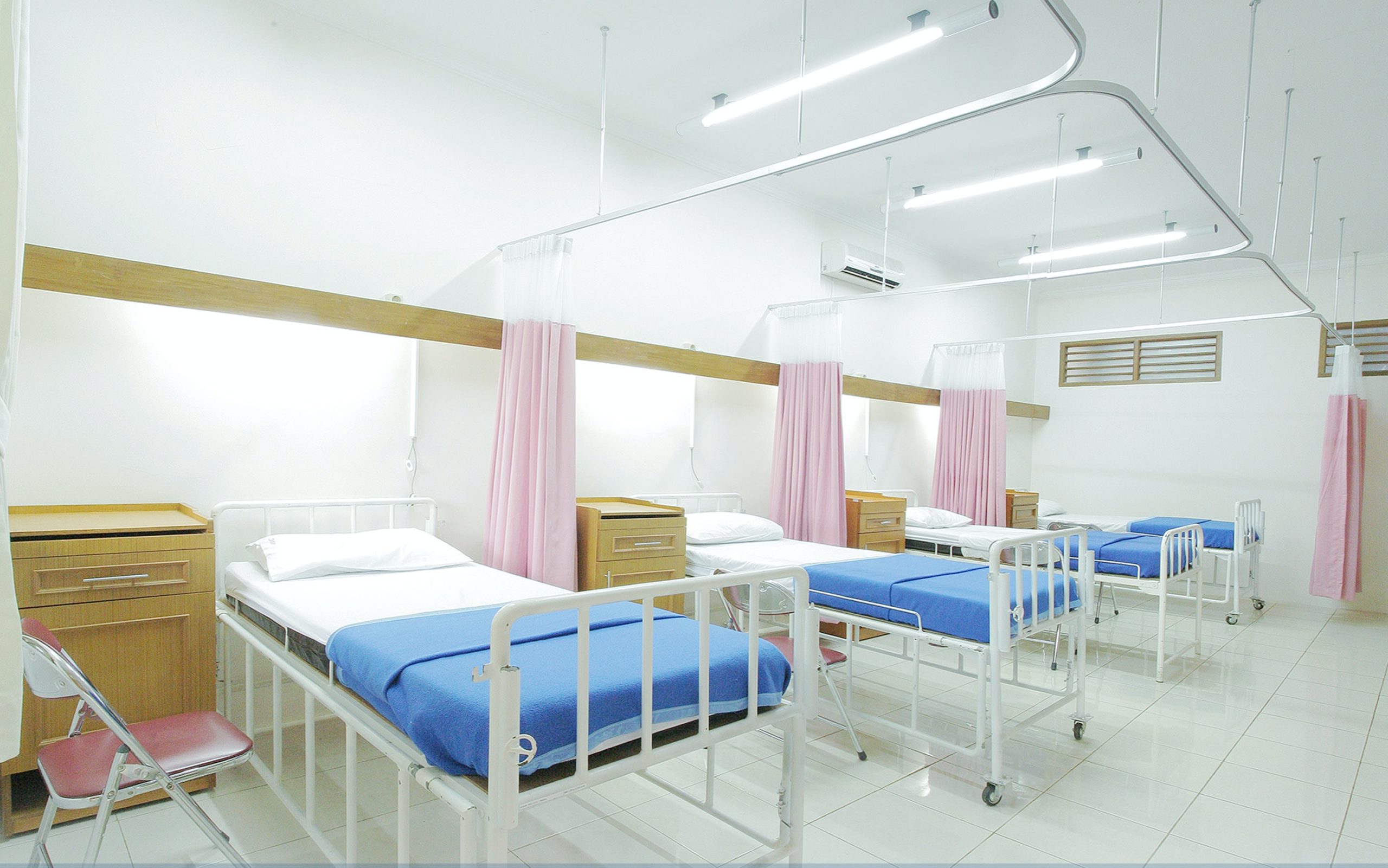By Sylvana Rinehart, Certified Concierge Care Advisor
Navigating Skilled Nursing Facilities and Nursing Homes: Key Differences and How to Choose the Right Option
Over the past six months, nursing homes have been in the spotlight, from early COVID-19 outbreaks to the closure of prominent facilities. In this article, we’ll clarify the key differences between skilled nursing facilities (SNFs) and nursing homes, explore how these facilities are covered by insurance, and dispel some common misconceptions about long-term care.
A frequent challenge we encounter at Concierge Care Advisors is the interchangeable use of these terms, which can create confusion. Families often assume that their loved one’s only option is a nursing home. But after assessing their loved one’s care needs, social preferences, and financial situation, we often find that other care solutions are better suited.
What Is a Long-Term Care Facility?
Long-term care facilities are generally divided into two categories based on the level of care and length of stay needed:
Let’s explore the key differences between the two.
Skilled Nursing Facility (SNF): Focused on Rehabilitation
Skilled nursing facilities (SNFs) offer medical care and rehabilitative services. These services are often necessary after a hospital stay to help patients recover and transition back to their prior living arrangements, such as their home or an assisted living community.
Key features of SNFs:
- Rehabilitation therapy (physical, occupational, and speech therapy)
- Medical oversight with licensed nurses and specialized staff
- Short-term stays focused on recovery from surgery or illness
For example, if an elderly woman has hip surgery following a fall, she may spend a few days in the hospital before being transferred to a skilled nursing facility. At the SNF, she will receive physical therapy to regain mobility and transition back to her previous living environment.
Nursing Homes: Long-Term Custodial Care
A nursing home offers long-term, non-medical care with a focus on daily living support, such as bathing, dressing, and meals. While nursing homes have medical oversight from registered nurses (RNs) and certified nurses, they don’t offer the intensive rehabilitative services available in an SNF.
Key features of nursing homes:
- Permanent or long-term care for seniors with chronic conditions
- Daily assistance with non-medical needs like hygiene and meals
- Medical supervision from nursing staff but limited rehabilitation services
These facilities are ideal for individuals who need consistent custodial care but no longer require hospital-level rehabilitation.
How Coverage Differs Between SNFs and Nursing Homes
Understanding the differences in coverage between SNFs and nursing homes is essential, as these can affect your loved one’s options.
- Medicare: Primarily covers SNF care for a limited period after a hospital stay (at least three consecutive nights). Medicare will cover room, board, therapy, and medications during the SNF stay.
- Medicaid: Nursing homes are often covered by Medicaid for individuals who have exhausted their financial resources. However, the patient must meet eligibility requirements to receive Medicaid assistance.
It’s worth noting that some facilities house both skilled nursing and nursing home care within the same building, often separated by a floor or wing. However, facilities may limit the number of Medicaid beds available due to low reimbursement rates, making it harder for seniors to find long-term care under Medicaid.
Adult Family Homes: A Local Alternative
In Washington State, adult family homes offer another option for seniors who need high levels of care but want a more home-like environment. These homes are Medicaid-approved and provide individualized care to a smaller group of residents, offering an alternative to traditional nursing homes.
How to Choose the Right Skilled Nursing Facility (SNF)
When choosing an SNF for your loved one, ask these important questions:
- How many days of therapy are provided each week?
- Look for facilities offering at least five days of therapy to maximize recovery.
- Does the facility have a nursing home section that accepts Medicaid?
- Does the SNF accept Medicaid after therapy is completed?
- Are private rooms available?
- What are the facility’s ratings?
- Use Medicare.gov’s Nursing Home Compare to research the facility’s ratings and inspection reports.
Your Role as an Advocate
Even when you choose a highly-rated SNF or nursing home, your involvement remains essential.
It’s important to communicate frequently with the nursing staff and attending physician to ensure your loved one’s needs are fully met—especially if new issues arise, such as cognitive decline or depression.
For example, if your loved one is admitted to an SNF to recover from hip surgery and begins showing signs of depression, it’s critical that the Power of Attorney advocates for additional support, even if the facility’s primary focus is on physical rehabilitation.
Need Help Navigating Senior Care? We’re Here for You.
Understanding the nuances between skilled nursing facilities and nursing homes can be overwhelming. Knowing the right questions to ask and the differences in coverage is key to finding the best care for your loved one. At Concierge Care Advisors, we’re here to help you navigate the complex world of senior care. Contact us today for a free consultation, and let us guide you in choosing the right care solution for your loved one.

























